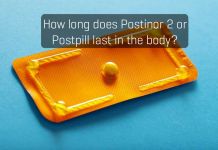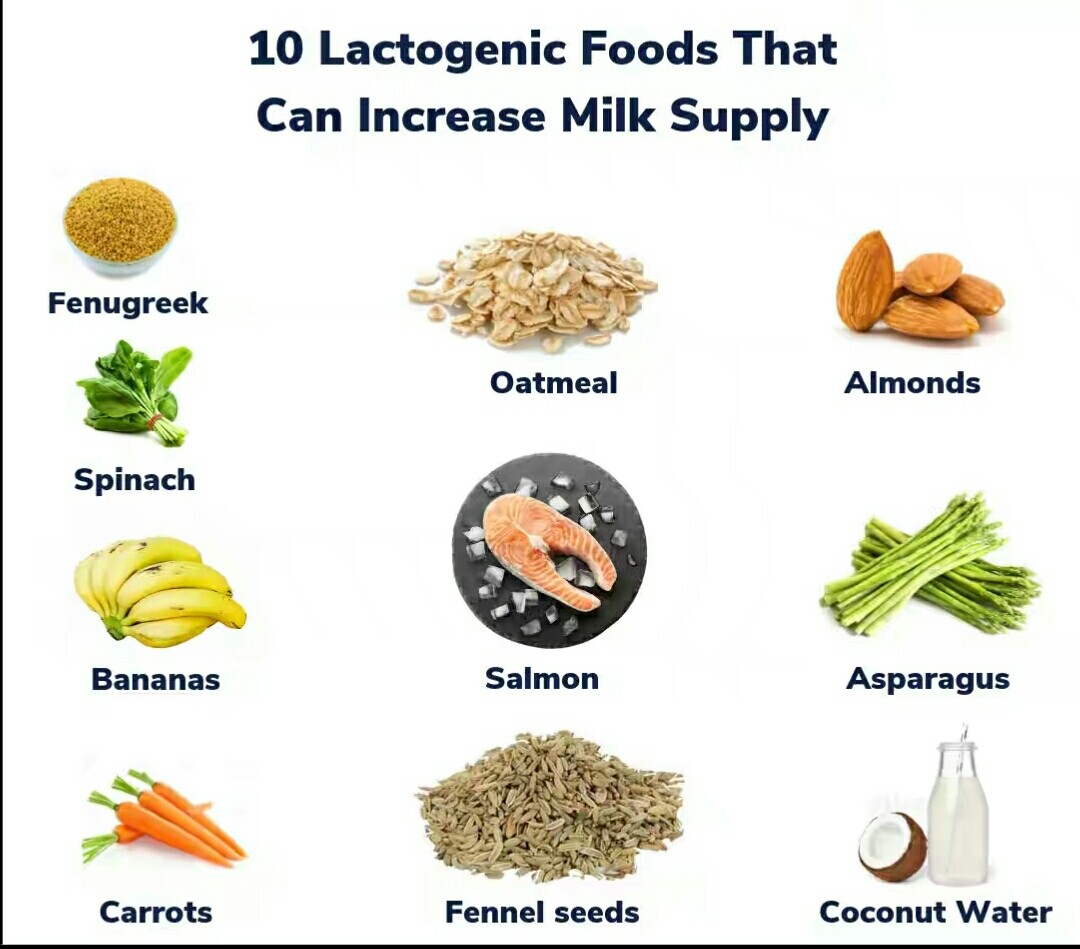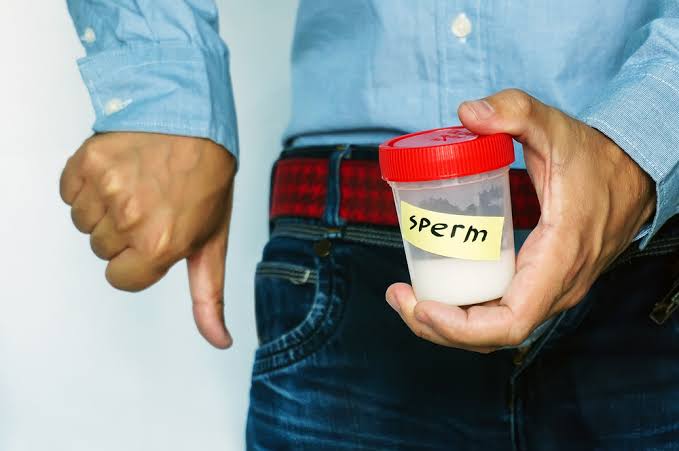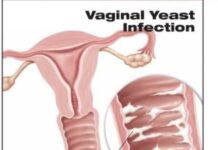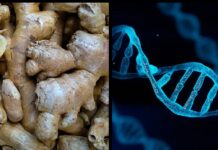Erectile dysfunction (ED) is persistence of repeated inability, for at least 3 months duration, to attain and/or maintain an erection sufficient for satisfactory sexual performance.
Though common in the elderly, it may occur even in young adults.
CAUSES OF ERECTILE DYSFUNCTION (IMPOTENCE)
The causes of impotence are many and varied.
1. Psychogenic: It is often due to marital disharmony, anxiety, widowhood, fatigue , stressor sexual ignorance. Some patients have erection during sleep and/or early morning erections.
2. Organic: Nocturnal Penile Tumescence (NPT), Visual Sex Stimulation(VSS) and early morning erections are absent. The eauses can be grouped into several broad categories as below:
(i) Neurogenic: Diseases which interfere with the neurological innervation of the penis e.g. multiple sclerosis and the various causes of peripheral neuropathy, spinal cord lesions (e.g. prolapsed disc) or injury.
(ii) Vasculogenic: These may be arterial or venous in origin. Arterial diseases affect blood flow to the pelvic and penile arteries e.g. arteriosclerosis (the commonest cause of secondary impotcnce in men over 40) and Leriche’s syndrome. Post-priapism impotence results from fibrous occlusion of the
cavernous spaces combined with disruption of the arteriovenous supply mechanism. Certain abnormalities of the penile veins (e.g. veno-occlusive dysfunction) lead to excessive venous drainage of the corpora cavernosa,therefore erection cannot be sustained.
(iii) Endocrine: These include diabetes mellitus,feminism from adrenal or testicular tumour, Cushing’s syndrome, hypothalamic- pituitary – gonadal dysfunction, Klinefelter’s syndrome, thyroid dysfunction etc.
READ ALSO: All you need to know about Keloids.
(iv) Postoperative: It follows certain pelvic operations in which thc pelvic nerves may be damaged e.g. abdominoperineal or anterior resection of the rectum, radical cystectomy, radical prostatectomy, retroperitoneal lymph node dissection,and some spinal operations.
(v) Traumatic: Severe fracture of the pelvis with associated rupture of the membranous urethra may damage the cavernous nerves and/or vessels. Some spinal injuries may also result in impotence.
(vi) Drugs: These include some antihypertensives e.g.spironolactone,methyldopa and rauwolfia agents, anticholinergics, oestrogens, narcotics, cimetidine, psychotherapeutics, alcohol, marijuana nicotine, etc.
Men who smoke in their teen years and 20s increase the risk of erectile dysfunction by 50 percent in their 30s and 40s.
(vii) Mechanical: Local penile diseases e.g.Peyronie’s disease, and congenital abnormalities like extrophy,microphallus,severe hypospadias, epispadias etc.
(viii) Inflammatory: Pain result ing from conditions like prostatitis, urethritis or cystitis may be a temporary cause of impotence.
(ix) Chronic illness: renal failure, liver disease, heart failure etc.
Was this helpful? Please leave a comment.
Read more on Urology Care Foundation




